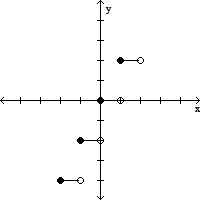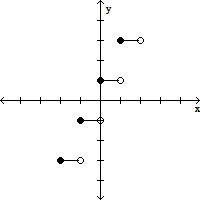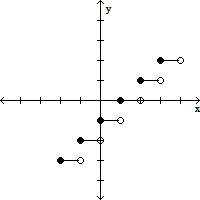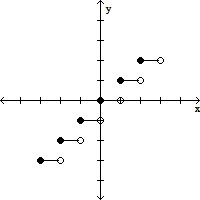What are the differences and similarities between licensing and franchising as means of entering the international market? What are the pros and cons of both licensing and franchising?
What will be an ideal response?
Licensing involves leasing the right to use the firm's intellectual property to a foreign firm. Licensing involves little direct cost or risk for the licensor, but the licensor is dependent on the licensee to exploit the market potential. In addition, the licensee may learn the technology and become a competitor of the licensee. Franchising is a type of licensing. Franchising licenses a good or service and a business model to partners for specified fees. Both licensing and franchising have lower asset commitment (and thus lower financial risk) than other modes of entering the international marketplace, but they allow less control over operations than other modes of entry and also have limited profit potential. If the firm's competitive advantage is a brand name that is protected by law, then licensing or franchising may be the best choice for the firm.
You might also like to view...
Find d2y/dx2 without eliminating the parameter.x = 5t2, y =  t3; t ? 0
t3; t ? 0
A. 
B.  t
t
C.  t
t
D. 
Solve the problem.A reflecting telescope has a parabolic mirror for which the distance from the vertex to the focus is 35 feet. If the distance across the top of the mirror is 62 inches, how deep is the mirror in the center?
A.  in.
in.
B.  in.
in.
C.  in.
in.
D.  in.
in.
Use the equality test for fractions to determine if the fractions are equal.


A. Yes B. No
Graph the function.f(x) = 2

A. 
B. 
C. 
D. 